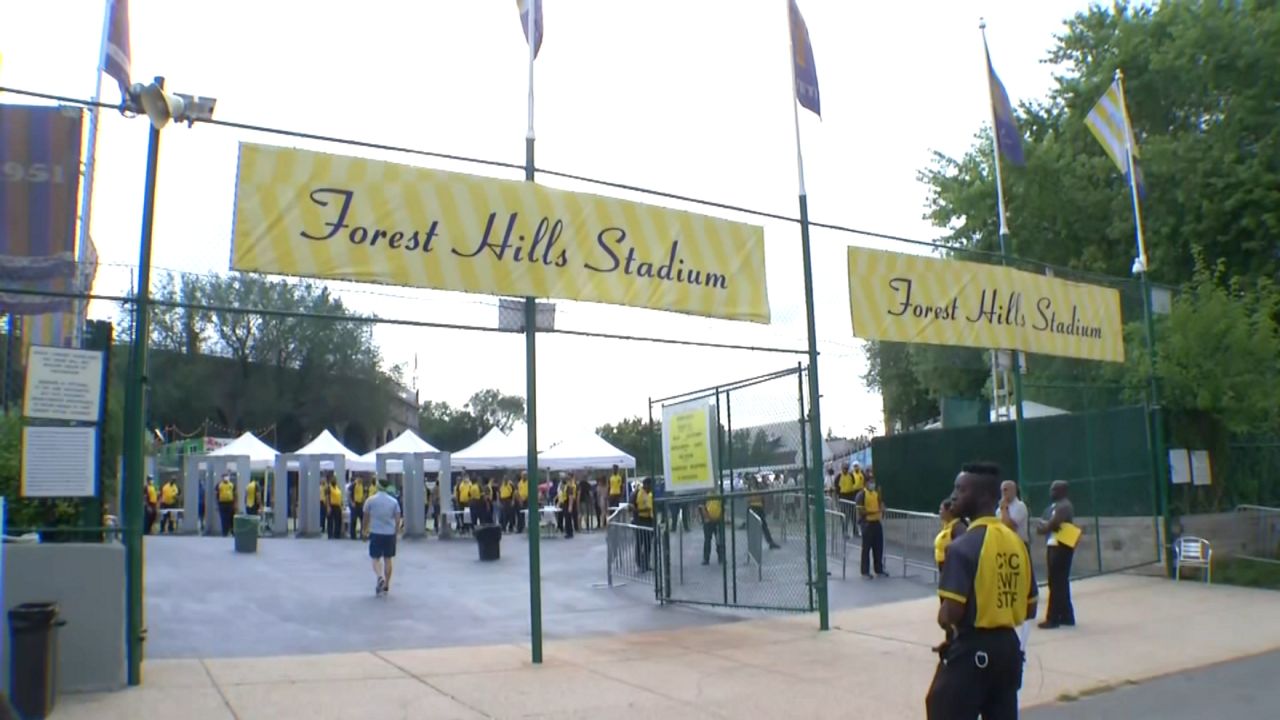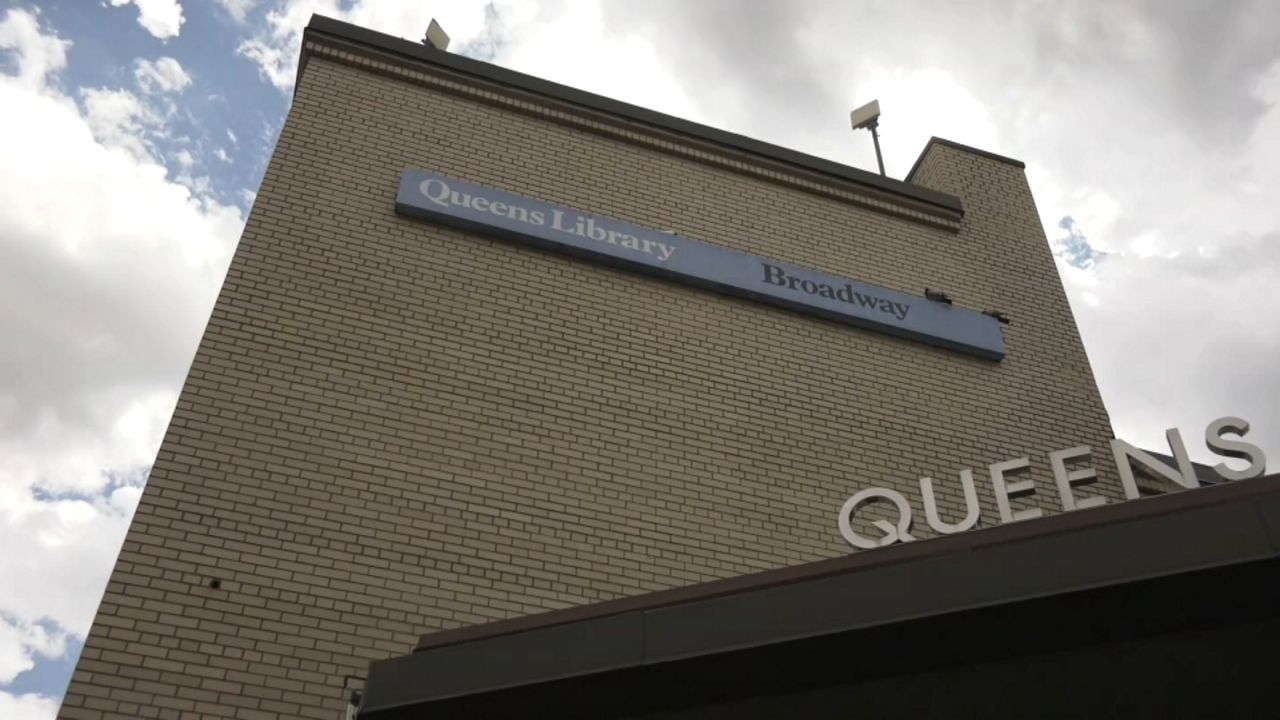Willets Point, the Queens neighborhood not so affectionately known as the “Valley of Ashes” due to years of pollution and disinvestment, is in the process of undergoing a major transformation.
The transformation is one step closer to happening with the City Planning Commission’s approval of Phase 2 of the Willets Point development project Wednesday.
“A thorough plan to create 1,400 income restricted homes,” Director of the City Planning Commission Dan Garodnick said. “A 25,000 seat soccer stadium, a new hotel and a nearly three acres of open space in an underutilized part of Queens, all steps from the 7 train.”
The plan includes the city’s first soccer stadium and a total of 2,500 units of affordable housing. Peter Tu, the head of the Flushing Chinese Business Association, said his community desperately needs.
“The entire city has a lot of problems,” Tu said. “But the gap between rich and poor is too big.”
The city said the project will serve nearby neighborhoods such as Flushing’s business district, with $6 billion worth of economic impact that includes construction jobs and more than 1,500 permanent jobs, and a nearby school and infrastructure development.
Several business owners, however, are opposed to the plan.
Some auto-related businesses just outside of Citi Field in the heart of Willets Point, including Stadium Auto Glass said they received letters from the city which said they must vacate their commercial rental spaces to make room for the soccer stadium by the end of this month.
"It [the letter] states that we have to get out by March 31 of 2024," said the owner of Stadium Auto Glass, James, who did not wish to give his name.
Despite the opposition, many more seem to have voiced support for the plan. And with Phase 2 approved, construction could begin this year and the stadium could be completed in 2027.
With the Planning Commission vote, the City Council has 50 days to approve it. Mayor Eric Adams, also a supporter, could sign off after that.
Following that is a 120-day public comment and appeal period would ensue.


%20Pkg%20Willets%20Point%20CG_129145612_3126?wid=320&hei=180&$wide-bg$)


